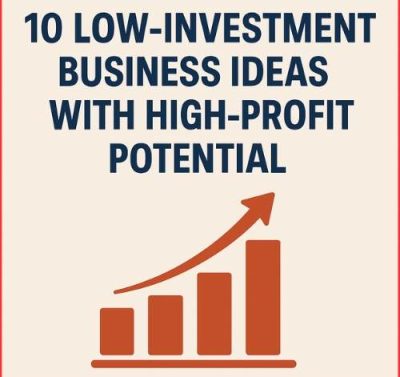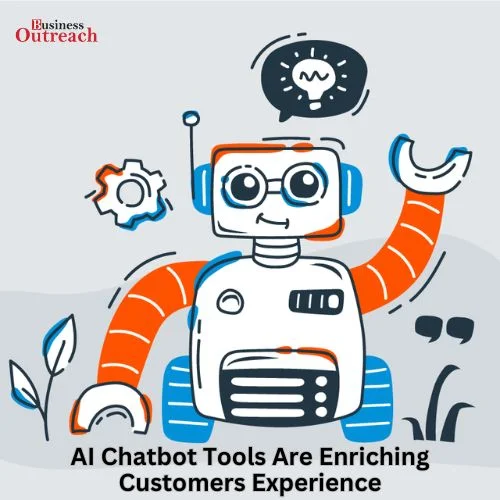Through expanded cooperation with Microsoft, KPMG aims to invest $2 billion in artificial intelligence and cloud services across its business lines internationally over the next five years, the latest effort by a Big Four accounting firm to double down on the technologies.
On Tuesday, the professional services firm stated that it anticipated the agreement to generate more than $12 billion in income over a five-year period. That would amount to nearly 7% of KPMG’s annual global revenue, which was $34.64 billion for the fiscal year that concluded on September 30, 2022. The business, which has the lowest revenue of the Big Four, declined to give an estimated revenue estimate for the fiscal year that ends in September.
With the additional funding, the company, which employs about 265,000 people, will further automate certain aspects of its tax, audit, and consulting services. This will allow staff members to conduct analyses more quickly, spend more time providing strategic advice, and assist more businesses in integrating AI into their business operations.
Regarding the financial commitment it is making to the alliance, Microsoft declined to say.
Bill Thomas, global chair and CEO of KPMG said in an interview that the company isn’t trying to use technology to destroy jobs but rather to improve its employees with AI skills—for instance, by shifting individuals to different tasks or providing them with training.
KPMG will get early access to Microsoft 365 Copilot, an Artificial Intelligence assistant, as part of the expanded relationship before it becomes available to the broader public. The Azure cloud platform, via which the professional services firm already creates and runs apps using OpenAI, is also part of KPMG’s agreement with Microsoft. Microsoft has a collaboration with OpenAI, the startup that created the ChatGPT chatbot that went viral and popularised generative AI.
According to Thomas, a sizable percentage of KPMG’s investment will go towards generative AI, which many companies are eager to apply to their finances in order to save costs and produce new efficiencies.
According to Microsoft CEO Satya Nadella, the technology will, for instance, enable KPMG to improve its work on environmental, social, and governance issues by combining enormous data sets for tax reporting, examining potential ESG-related transactions, and performing data analysis for audits more quickly.
The decision was made at a time when KPMG and other businesses are dealing with sluggish development in their advisory businesses as corporate clients spend less on specific services due to recessionary fears. After over 700 staff were terminated from its consulting sector four months earlier, its U.S. unit fired nearly 2,000 workers in June.
KPMG has been implementing AI in a variety of ways over the past ten years, originally to assist customers in removing bias from decision-making. In 2019, KPMG promised to spend $5 billion over the course of five years on general technology, which includes collaborations with Microsoft and other suppliers. During that time, KPMG invested $1 billion, or 20% of the $5 billion, in Microsoft. According to KPMG, the remainder involved tasks like transferring to the cloud.
The other Big Four companies have recently made enormous investments in cloud-based and other technology to bolster their audit, consulting, and tax businesses. According to their websites, they have also consulted Microsoft about AI solutions.
In April, PricewaterhouseCoopers announced plans to invest $1 billion over three years in generative AI for its American operations, also in collaboration with Microsoft. Last December, Deloitte reported spending $1.4 billion on training staff members in cutting-edge technology, including AI. In its annual report, Ernst & Young stated that it would invest $1 billion over the following four years in enhancing its audit technology capabilities, including AI. Accenture, a consulting firm, last month pledged a $3 billion investment over three years in data and AI outside of the Big Four.















